Ruto’s Security Tightened Following Shoe-Throwing Incident in Kuria West
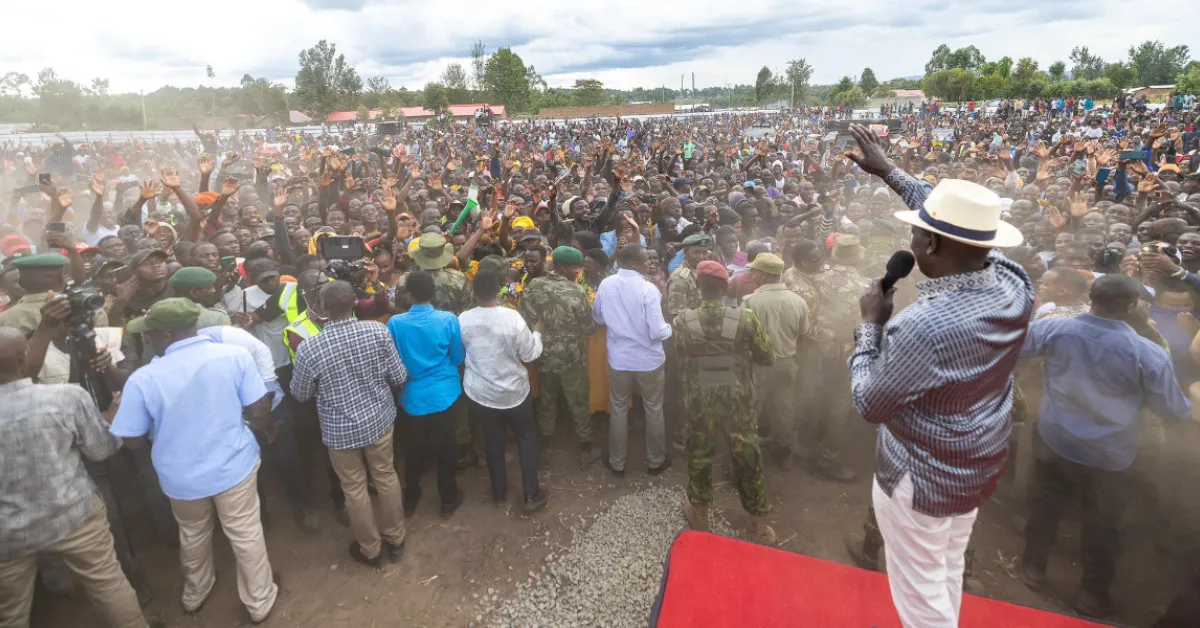
Migori County is under heightened security measures following an incident on Sunday where a shoe was thrown at President William Ruto during a public address in Kuria West.
The security lapse has triggered immediate adjustments to crowd control and presidential engagement protocols, aimed at preventing future disruptions. President Ruto, who was on a two-day tour of Migori, had previously addressed gatherings in Suba East, Suna West, and Kuria West before the incident occurred. Monday’s engagements saw a significantly increased security presence, with law enforcement officials implementing stringent crowd management techniques. Following Sunday's disruption, police officers responsible for presidential security enforced rigorous controls on attendees at subsequent events.
Individuals were explicitly instructed to refrain from raising objects, including water bottles, with officers intervening to enforce compliance. In a notable change, President Ruto opted to address the public from the sunroof of his vehicle, deviating from the use of podiums employed earlier in the tour. This strategic adjustment, employed at the Riosiri market where he inspected an ongoing construction project, and other locations, is believed to minimize potential exposure to threats.
The reinforced security presence was evident across multiple venues, including Muhuru Bay, where law enforcement actively monitored crowds for suspicious activity. Officers scrutinized individuals carrying objects, including instructing one man to lower an orange he was holding. The shoe-throwing incident has sparked debate about the security vulnerabilities of high-ranking political figures during public gatherings. Video footage captured the President deftly deflecting the object, drawing comparisons to past security breaches targeting world leaders.
The incident in Migori recalls similar events in Kenyan history. In 2014, then-President Uhuru Kenyatta experienced a comparable disruption in the same county, with objects hurled towards the dais during his visit. This incident was attributed to local political rivalries, specifically tensions between factions aligned with former Migori Governor Okoth Obado and supporters of the Orange Democratic Movement (ODM).
Global precedents also exist. A notable instance occurred when former US President George W. Bush famously dodged a shoe thrown by Iraqi journalist Muntadhar al-Zaidi during a 2008 press conference in Baghdad. While security officers quickly apprehended the assailant, the incident remains a well-known example of a breach in presidential security. Kenyan leaders have historically prioritized proximity to their supporters, which inherently exposes them to unpredictable crowd behaviors.
Security experts offer contrasting perspectives on the incident's severity. Some, like security analyst Richard Tutah, argue that the shoe-throwing may not have been an act of hostility, but rather an isolated event that has been overblown. He contends that the absence of a second attempted throw suggests a lack of malicious intent from the individual involved. Conversely, international security expert Byron Adera cautions against dismissing such incidents as minor occurrences, emphasizing the national security implications of even seemingly trivial breaches.
Adera argues that security teams must proactively anticipate risks rather than reactively addressing threats after they emerge. Police in Kuria West have apprehended three suspects believed to be involved in the incident, with investigations ongoing to determine if additional individuals played a role. Kenya has a history of security challenges faced by high-profile politicians in public forums. In addition to the 2014 Migori incident involving President Kenyatta, ODM leader Raila Odinga has also experienced physical confrontations.
In 2014, an elderly man disrupted an Okoa Kenya rally in Kinango, Kwale County, by striking Odinga and then-Governor Salim Mvurya with a walking stick before being subdued by security officers. According to Richard Tutah, an effective security system must not only withstand initial breaches but also possess the capability to counter subsequent threats efficiently. He suggests that the Migori incident may not necessarily indicate a complete security failure, but rather highlight the unpredictability of crowd behaviours.
However, Byron Adera advocates for a proactive rather than reactive approach, cautioning against dismissing breaches as minor occurrences due to their potential long-term implications for national stability.


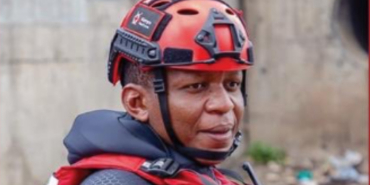
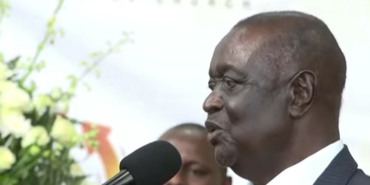


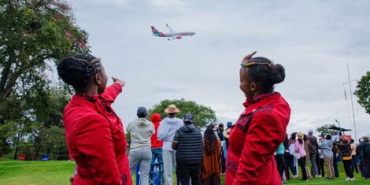
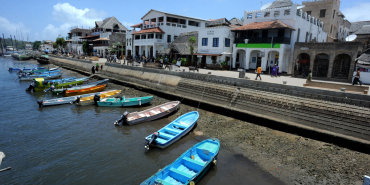
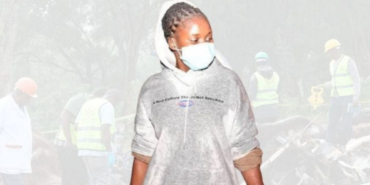





Add new comment